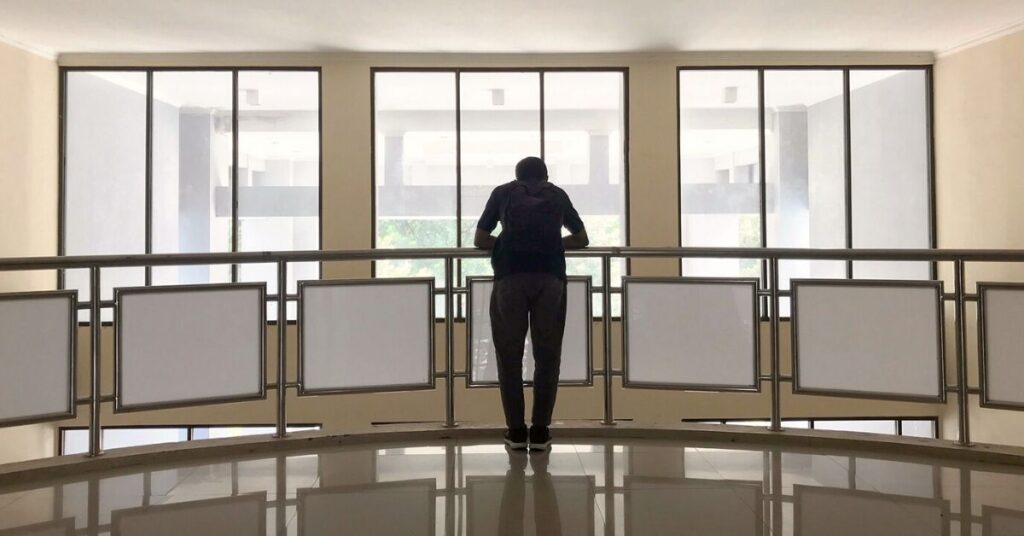Whistlelink webinars – a practical guide to whistleblowing Register now
Whistlelink webinars – a practical guide to whistleblowing Register now

How to get compliant with the Italian Whistleblowing Law
“Not everything that someone perceives to be wrong is whistleblowing.”
That’s right. Whistleblowing is only when the concern is in the public interest. This means that the person reporting the wrongdoing believes it will affect others, i.e. their employer, customers or the general public.
So it tends to illegal, unethical, or harmful activity or behaviour that the ‘whistle is blown’ on. And the activity may be in the past, present, or going to happen.
You may also hear whistleblowing referred to as “raising the alarm”, “making a disclosure” or “speaking up”.
What is not whistleblowing is when a complaint or grievance is personal. As opposed to something that negatively impacts others. This is when the issue is personal to the person reporting it, like a complaint about a colleague’s behaviour, being treated unfairly or a breach of employment rights. Usually handled under an employer’s grievance procedure through the Human Resources (HR) department.
Internal is when submitting a report within the company in which the illicit activity is taking place. This may be via reporting channels such as an online portal, phone, voicemail or letter. Encouraging internal reporting helps organisations become aware of an issue and to act on it at an early stage.
External is when someone discloses misconduct elsewhere, such as to the media, police, or a government department. This may occur when there isn’t a way to report internally, or an issue hasn’t been followed up seriously. You may also hear it referred to as “raising the alarm”, “making a disclosure” or “speaking up”.
It isn’t only current employees who report wrongdoing. Any person closely connected with an organisation can raise concern if they suspect wrongdoing. Such as past employees, customers, suppliers, job applicants, contractors and so on. Whoever it is, they must only do it in good faith.
In 2019 the EU put Directive ‘2019/1937 on the protection of persons who report breaches of EU law’ into force. Its aim is to better protect the whistleblower, i.e. those who report breaches of union law in the workplace.
The Directive requires companies in the EU with over 50 employees to implement internal reporting channels. In fact, companies with over 250+ must have channels in place by the end of 2021.
Are you interested in learning more about a whistleblowing service and safe internal reporting channels? Read more about the EU Whistleblowing Directive here and at EUR-Lex.
Are you looking for a safe and secure whistleblowing solution? Read more here.
Would you like to discuss a whistleblowing system for your organisation?
Please contact us or book a free demo!
Pokud máte nějaké komentáře k tomuto článku nebo se chcete dozvědět více o systému Whistlelink, rádi si vyslechneme váš názor.
Společnost Whistlelink si váží vašeho soukromí. Budeme vás kontaktovat pouze ohledně našich řešení.Z odběru se můžete kdykoli odhlásit. Další informace naleznete v našich Zásadách ochrany osobních údajů.


Book a short demo with our experts.
You can unsubscribe at any time. Learn more about how we process your data in our Privacy Policy.
S RADOSTÍ SE S VÁMI SETKÁME

HAPPY TO MEET YOU!
Whistlelink values your privacy. We will only contact you about our solutions.
You may unsubscribe at any time. For more info, please review our Privacy Policy

TĚŠÍ NÁS, ŽE VÁS POTKÁVÁME
Vaše soukromí je pro nás důležité. Budeme vás kontaktovat pouze v případě, že se to týká našich řešení.
